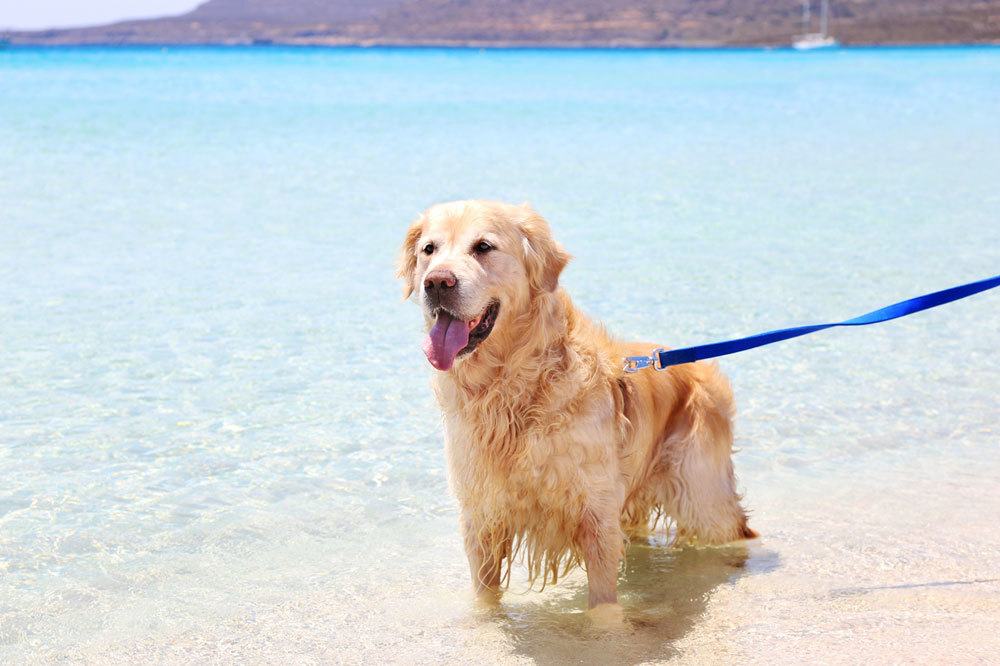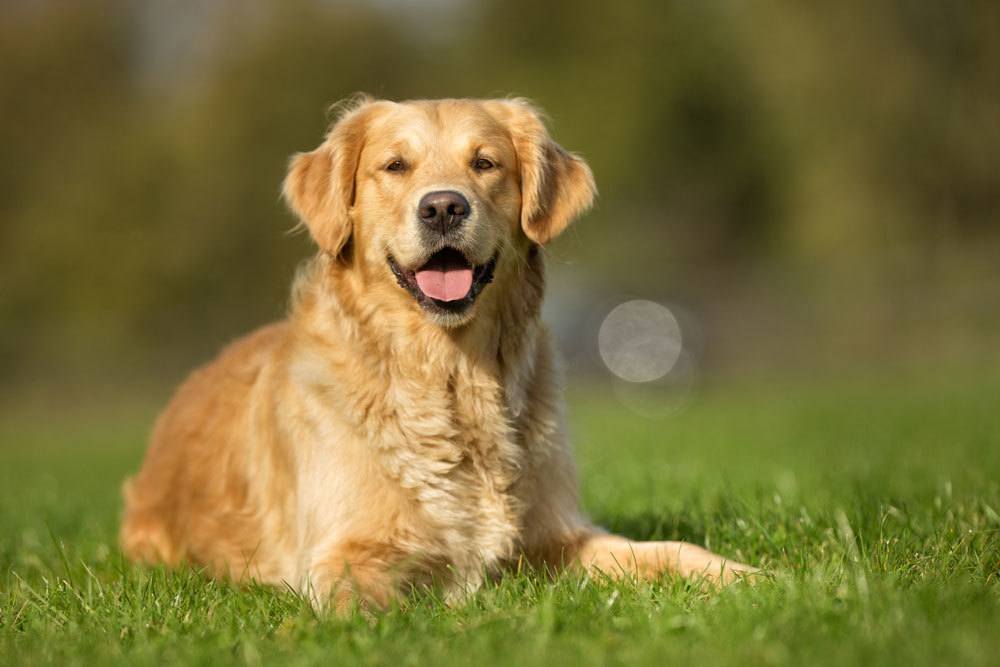Different Types of Retrievers: More Dog Breeds to Love

INTRODUCTION
There are many popular dog breeds in the US, such as the Cocker spaniel, the Springer spaniel, the Fox terrier, the German shorthaired pointer, the German shepherd, and the Irish setter. However, retrievers are some of the most popular dogs out there—and for good reason. Is there anything cuter than a lab or a golden puppy? What’s more, these animals are affectionate, happy, and relatively easy to take care of! Once you meet one, you'll quickly understand how they have become a part of so many families.
According to the American Kennel Club, retrievers were bred specifically to work with humans. They were designed as hunting companions that would collect game that had been shot down. Because of this, they are extremely loyal to their owners and live to please their humans.
There are now six different types of retrievers. They are:
- the Chesapeake Bay Retriever
- the Nova Scotia Duck Tolling Retriever
- the Curly-Coated Retriever
- the Flat-Coated Retriever
- the Golden Retriever
- the Labrador Retriever
Each has their own unique personality but all are loving, obedient, and happy. There is a retriever for every owner out there, regardless of your lifestyle.
In this piece, we will explore the differences between all of these breeds. Read on to learn more about them.
CHESAPEAKE BAY RETRIEVER
To start off, we will take a look at the Chesapeake Bay Retriever. This breed is a perfect family dog because it is low-maintenance and loving.
The Chesapeake Bay Retriever is stubborn and strong-willed. It loves its owners deeply and will be protective of them. It is not the most extroverted dog and it won't wander up to strangers looking for affection.
The breed is slow to learn and it won't get beyond the basic commands. It will learn, through repetition, and owners need to be patient with the dog.
The "Chessie" will be a loving member of your family for 10–12 years. Like other retrievers, it needs plenty of exercise and mental stimulation to stay happy and calm.

NOVA SCOTIA DUCK TOLLING RETRIEVER
The Nova Scotia Duck Tolling Retriever is a high energy and fun loving breed. This dog needs tons of exercise but they will be a loyal and loving family member.
The Nova Scotia retriever is athletic and lean. It's smaller than the other retrievers we mention, weighing in at 30–50 pounds. You can expect for it to live for 10–14 years.
These dogs have beautiful wavy coats. They tend to have a reddish tint to them and can have white markings on the tail, feet or chest. They are often mistaken for Golden Retrievers because of their coats!
This breed needs as much mental stimulation as it does physical exercise. They are extraordinarily smart and can get into trouble if they get bored. You'll need to make sure that you have plenty of interesting toys for this dog.
CURLY-COATED RETRIEVER
The Curly-Coated Retriever is a sweet and gentle dog. It is one of the larger retrievers out there and it is instantly recognizable for its unique coat.
The Curly comes in liver or black colors. Its curly-haired coat is easy to maintain and does not shed as much as other breeds.
Like most of the other breeds, the Curly is a smart dog. It needs plenty of mental and physical exercise. Unlike many of the other breeds, though, it is also happy to relax quietly around the house. As long as the dog gets enough exercise it will be easy to have at home.
The Curly is loving and affectionate but is not as friendly as the Golden Retriever or the Labrador. It will be loyal to its family but will not approach strangers for pets and attention.
FLAT-COATED RETRIEVER
Like the Curly-Coated Retriever, the Flat-Coated also comes in liver color or black. This breed looks similar to a Golden Retriever, though they are smaller and more athletic.
The Flat-Coated Retriever is an excellent pet. But it might not be the best option for families with young children. While they are great with kids, they do need supervision to help direct the dog's energy. That being said, this breed's bark is worse than their bite. They won't make good guard dogs beyond making noise.
Flat-Coated Retrievers are intelligent dogs and they are known for being mischievous. They like to dig in the yard and roll around in the mud and they are no stranger to knocking over trash cans. These dogs need lots of mental stimulation to avoid boredom.
With plenty of exercise and stimulation, this dog is a great option for anyone. However, it might be best for families with slightly older children. You can expect this animal to live for 8–14 years.

GOLDEN RETRIEVERS
If you want a dog that is easy to train, lovable, highly social, and relaxed, look no further than a Golden Retriever. These dogs are a popular family favorite. As the third most common dog breed in the U.S., there is a lot to love about them.
Goldens were bred as game dogs. They love their humans and are easy to train. They are often used as disability assistance dogs because of their obedience. They are gentle and patient, making them the perfect dog for young children.
These dogs can be energetic and need adequate exercise but they can also loaf around on the couch. They love to be petted and are very friendly with everyone they meet.
The Golden Retriever's characteristic coat does require maintenance, however. You will need to brush them daily. That's a small price to pay, though, for these fantastic dogs!
LABRADOR RETRIEVER
Labradors are fun-loving, high-energy dogs. They are great for any family, though they thrive in homes that can provide them with an active lifestyle.
These Labradors are extremely curious and intelligent. They can learn quickly, but they get bored just as fast. A bored Lab can get into a lot of trouble: they have a tendency to roam and can get destructive if left alone for too long.
Labs are athletic dogs that have seemingly endless amounts of energy. They are great running partners and need to exercise often. This energy lasts well into their adult life, making them a fun and active dog for a long time.
Though they can be difficult to train, they make up for it in their devotion. They love their families and are pleasant and kind dogs.
CONCLUSION
No matter which type of retriever dog you choose, they will surely bring a fun and loving energy to your home. They are happy dogs that will quickly become a part of your family.

